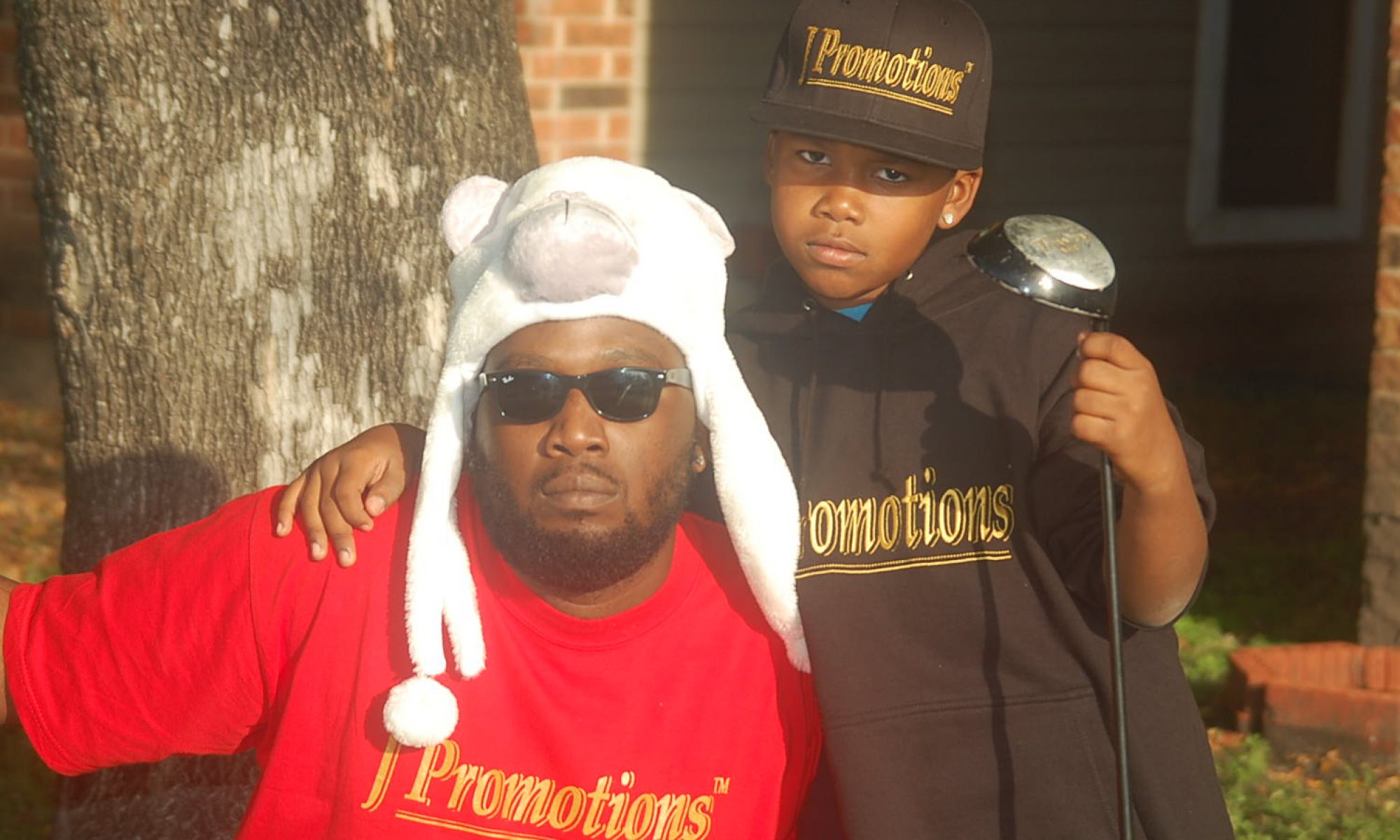NEW YORK ― Addressing the audience at Tina Brown’s Women in the World Summit on Friday, Women’s March co-chairs Tamika D. Mallory and Linda Sarsour had some wise words for white women new to activism: “Don’t leave us.”
In a panel with actress and activist Rashida Jones and International Refugee Assistance Project director Becca Heller, the two activists discussed the essential role that intersectionality must play in resisting the Trump administration, and reminded the audience that the issues that brought white women out to march on January 21 are issues minorities in America have been resisting all along.
“My community suffered in silence for 15 years in post-9/11 America,” Sarsour, a Palestinian-Muslim-American from Brooklyn, told Jones. “I welcome you to the movement, but don’t leave us. Understand that there are some of us in perpetual fear and perpetual outrage.”
While you’re at the table saying you want to be a part of this movement, let us quickly help you learn what you need to learn, be educated about mistakes that the feminist movement has made in the past, and figure out ways to go forward.
Tamika D. Mallory, Women’s March Co-Chair
Mallory, who said that her activism truly started years ago when the father of her son was murdered, expressed a similar sentiment.
“I did stand on that stage looking at so many people pouring into DC [at the Women’s March] and feel a little sad,” she said. “For some of the folks who showed up, their moment [of activism] started with Donald Trump and sort of ends there… People who have been oppressed in America feel like Donald Trump is just an extension of what’s been happening.”
Mallory expanded on this after the panel, telling The Huffington Post that while she was thrilled at the march’s turnout, she was also acutely aware that these crowds weren’t present to stand up against past injustices:
The sadness came when I looked around and said, if I was Sandra Bland, whose life deserved this much attention and more, people would not have been present. Trayvon Martin’s mother was on that stage and I’m sure she had to look and say, “Where were those people when my son was killed?” That is the sadness.
Both Sarsour and Mallory implored the many women for whom the Women’s March was a turning point and an introduction to activism to stay engaged.
“While you’re at the table saying you want to be a part of this movement, let us quickly help you learn what you need to learn, be educated about mistakes that the feminist movement has made in the past, and figure out ways to go forward without making those mistakes again,” Mallory told HuffPost.
Check out the entire panel in the video above.
type=type=RelatedArticlesblockTitle=Related… + articlesList=588aa82ee4b0da1b94946d68,58c05a70e4b054a0ea67587e,587d1350e4b0b3c7a7b25a68
— This feed and its contents are the property of The Huffington Post, and use is subject to our terms. It may be used for personal consumption, but may not be distributed on a website.
Source: HuffPost Black Voices
